RossY Project Management
Software engenering
Current Projects
We are currently working on these projects
Software engenering
We are currently working on these projects

We specialize in software that seamlessly integrates with electronic hardware, whether it's computers, microcontrollers, or DSPs. Let us assist you in optimizing your industrial computing needs.
Our expertise spans C++, Matlab with Simulink and Real-time Workshop, and Code Composer Studio. Reach out to us today to harness the full potential of your development platforms.
With years of experience, we specialize in refining prototypes, optimizing software architecture, and ensuring adaptability in competitive environments.
We develop solution on different language and platforms
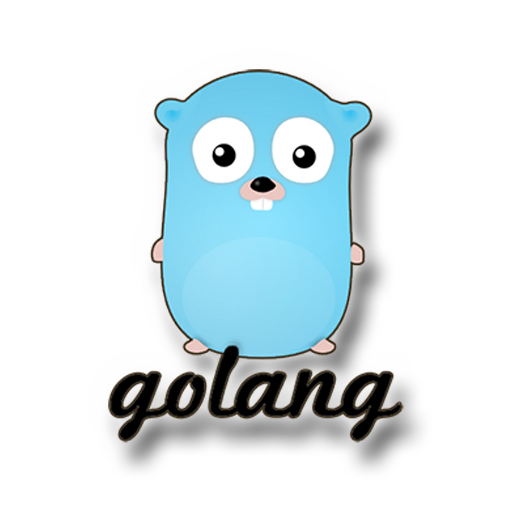
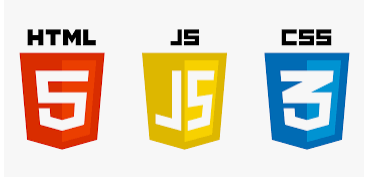
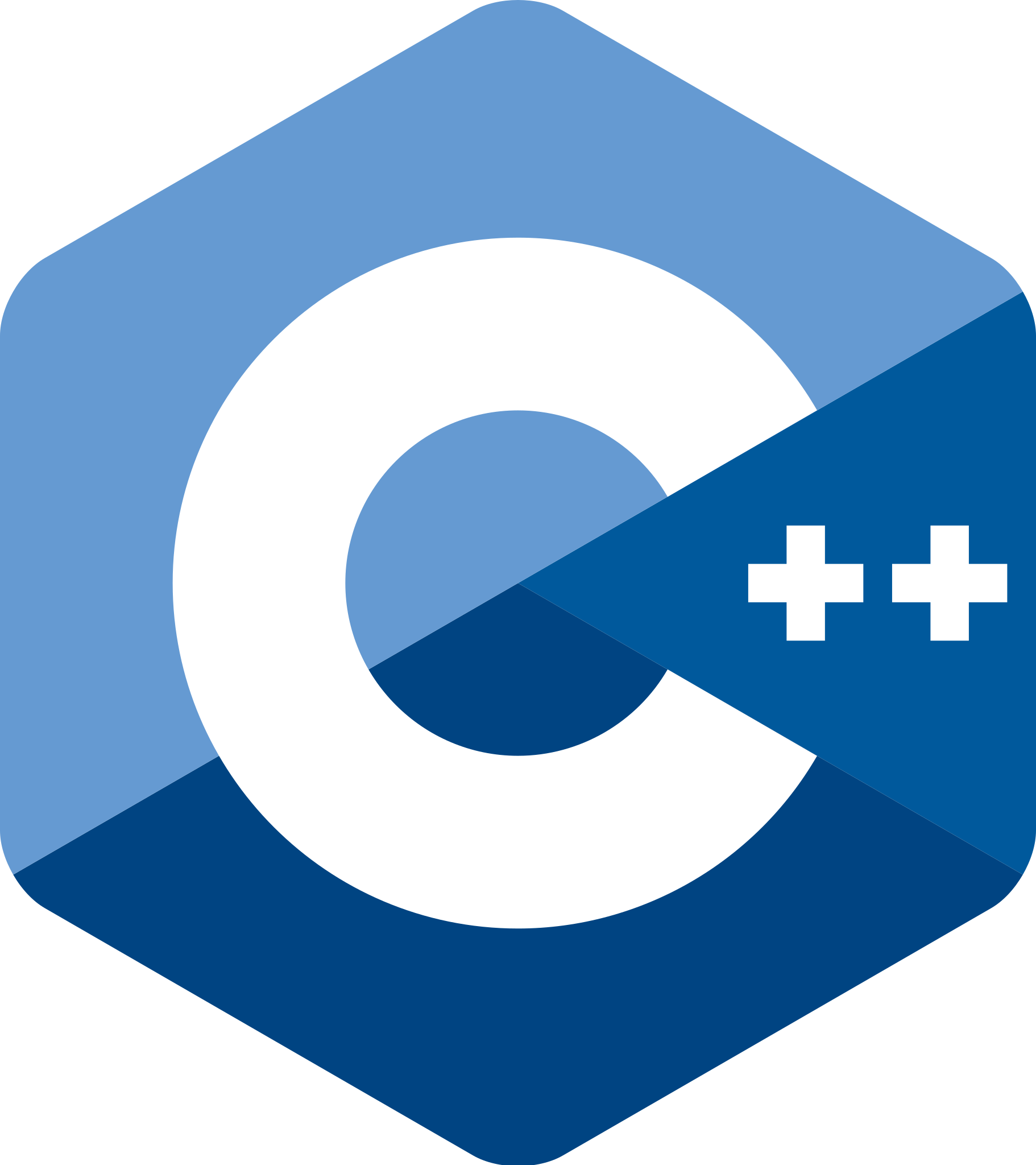

![]()
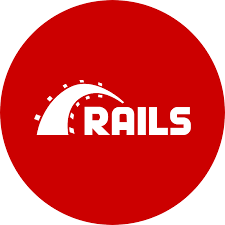
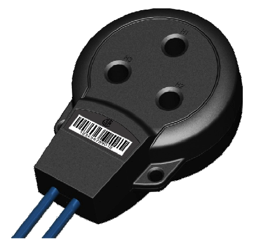
Project management, R&D and development of signal processing software in an embedded environment on DSP
Technologies: - DSP Texas instrument - Matlab/Simulink/Realtime workshop, C++

- Technologies: - Plastic molding - Magnetic coupling - 3D design
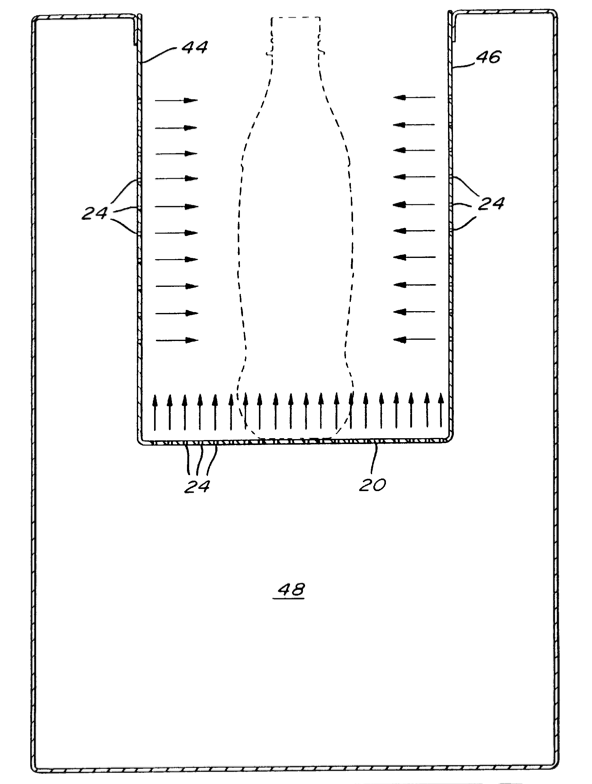
An automated method of manufacturing an air conveyor panel using laser drilling.
Patent ->
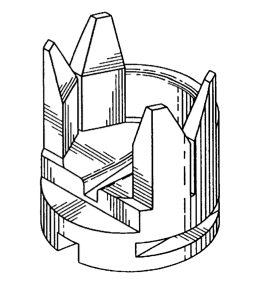
R&D Director working on the development of a conveying puck.
patent ->

Sofwtare and calibration ruler in dimension and grain size for automated microscope.
- Technologies: Parallel computing - Computer vision - 2D image analysis - High precision photolithography - NIST certification
patent ->
Teach software engeneering

Designing object-oriented systems, analyzing design problems, and applying design patterns. Includes concepts such as identifying objects, modeling their interaction, and understanding object cohesion and coupling. Also covers comparison of design choices, UML notation, and unit testing.

Mastering and applying software design patterns.
Designing object-oriented software using principles and heuristic methods.
Developing software iteratively, integrating object analysis and design.
Learning object-oriented modeling techniques, use cases, analysis, design principles, and implementation using contemporary languages.
Practicing with UML tools and software engineering techniques in laboratory sessions.

Topics covered include: design problem characteristics, architecture and engineering, architect's role, quality attribute scenarios, architectural tactics and styles, quality-driven architecture design, documentation, evaluation, and relevant standards. Lab sessions apply these concepts, focusing on architectural styles and software architecture design and evaluation methods.

This course covers the analysis and design of multimedia databases and data management systems. Topics include database design tools, query methods, multimedia data models, metadata standards, content-based search, and multimedia system architectures for the Internet.

Learning primary design methods, evaluating new design methodologies, selecting and applying a suitable method for a given software system, assessing design choices including method selection, design quality, formal verification, requirement compliance, etc., and utilizing design tools.

This course emphasizes quality attributes as drivers for activities in software architecture analysis, elaboration, evaluation, and implementation.
Conference, Smart Grid Road Show, Toronto · 1 oct. 2010